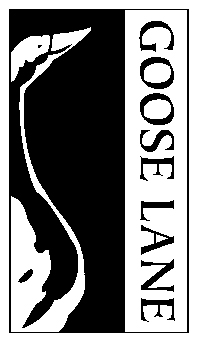“One of the greatest lies of the twenty-first century is that women have made it.”
Thus, Lauren McKeon begins her book, which addresses the issue of anti-feminism: F-Bomb: Dispatches from the War on Feminism. F-Bomb explores why it is that women are increasingly abandoning feminism, and for the uncanniest of reasons. McKeon quotes a young woman who said: “This isn’t 1920. We’re not fighting for anything anymore. Women have freedom!” And it’s not men leading with the battle cry to end feminism, but women themselves. This is accomplished through the support of anti-feminist politicians, backing lawsuits to silence the victims of campus rape, participating in anti-women-in-technology movements, as well as fighting to end women’s reproductive rights.
F-Bomb is divided into three sections. In the first section, McKeon remembers receiving a job at a big-name national business magazine, which is also where she discovered how much being a woman mattered. She came to realize that, no matter how hard she tried, she would never be able to get ahead. Her boss made the comment “I bet you spend your days crying in a corner, writing poetry no one will ever read . . . You should quit now because you’ll never make it in journalism.” Fortunately, McKeon did not quit but instead continued searching and exploring feminism through the many shifts and turns it underwent.
In the second section, McKeon informs readers on how it is that “feminism” became such a profane word. She writes about the problem of what she calls the “retro-revival of domesticity” and the glamorization of pre-feminist gender roles, like being a mother and housewife. All of this, along with the thinking that women have “made it” has led to the push to keep women out of the workforce, especially in traditionally male-dominant fields.
For her final section, McKeon closes with a small ray of hope, and that is the new generation which is, as she says, “giving misogyny the middle finger.” She also writes of how the discord which exists currently in feminism can be used to create an even better and more inclusive feminism in the future. Feminism is not dead, then, but in a period of transition.
